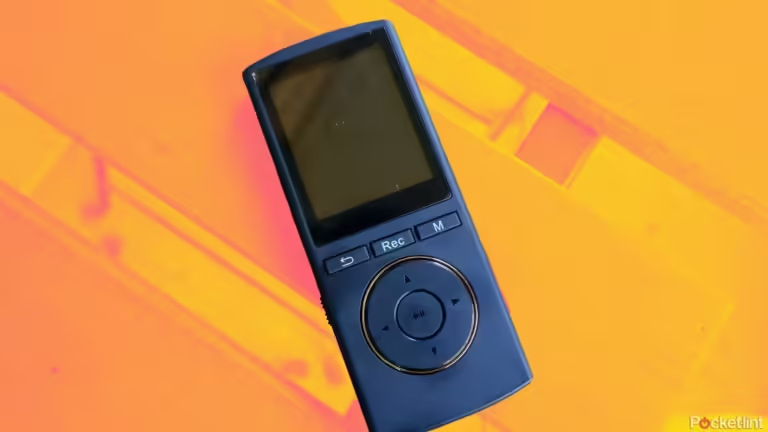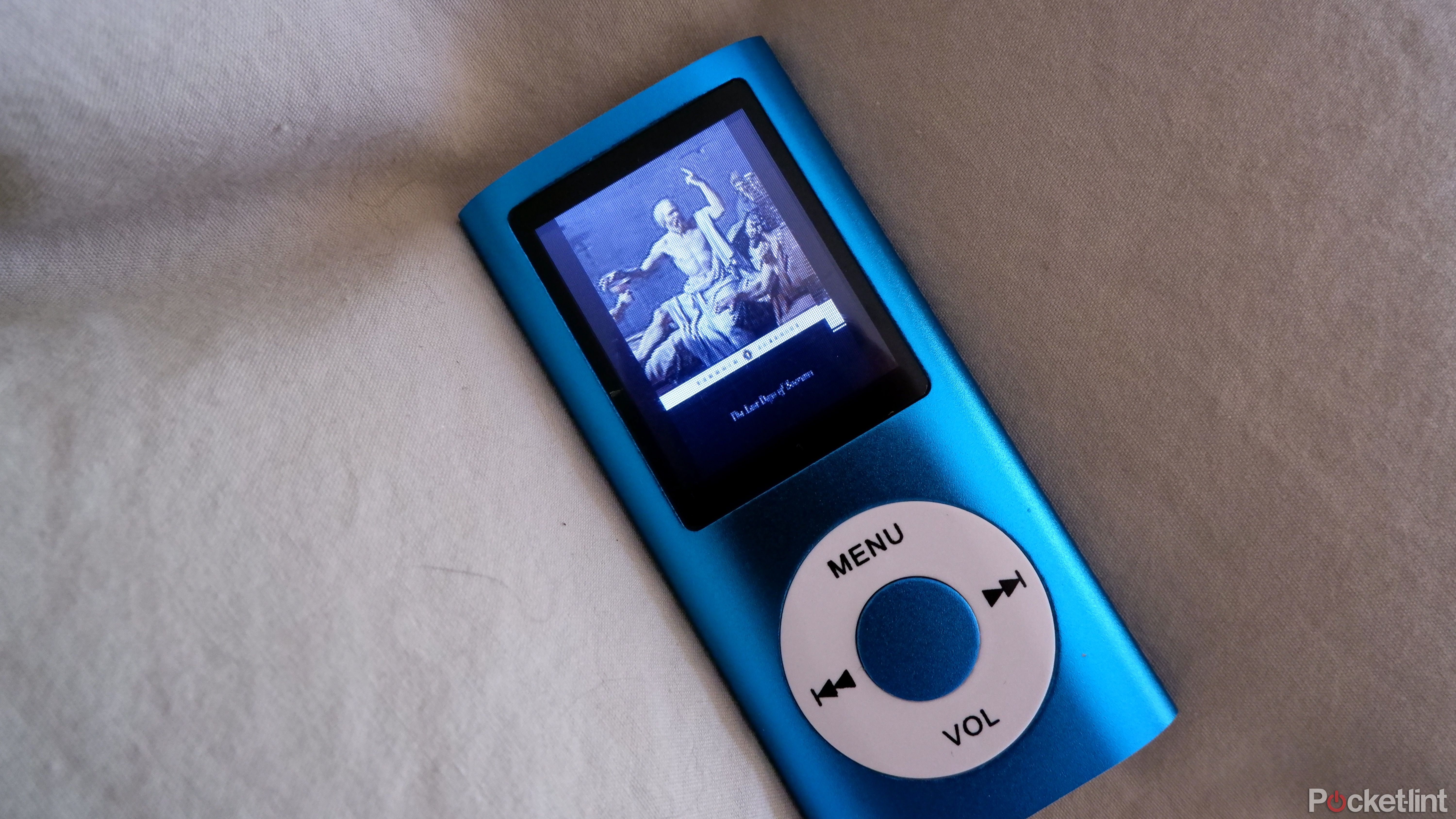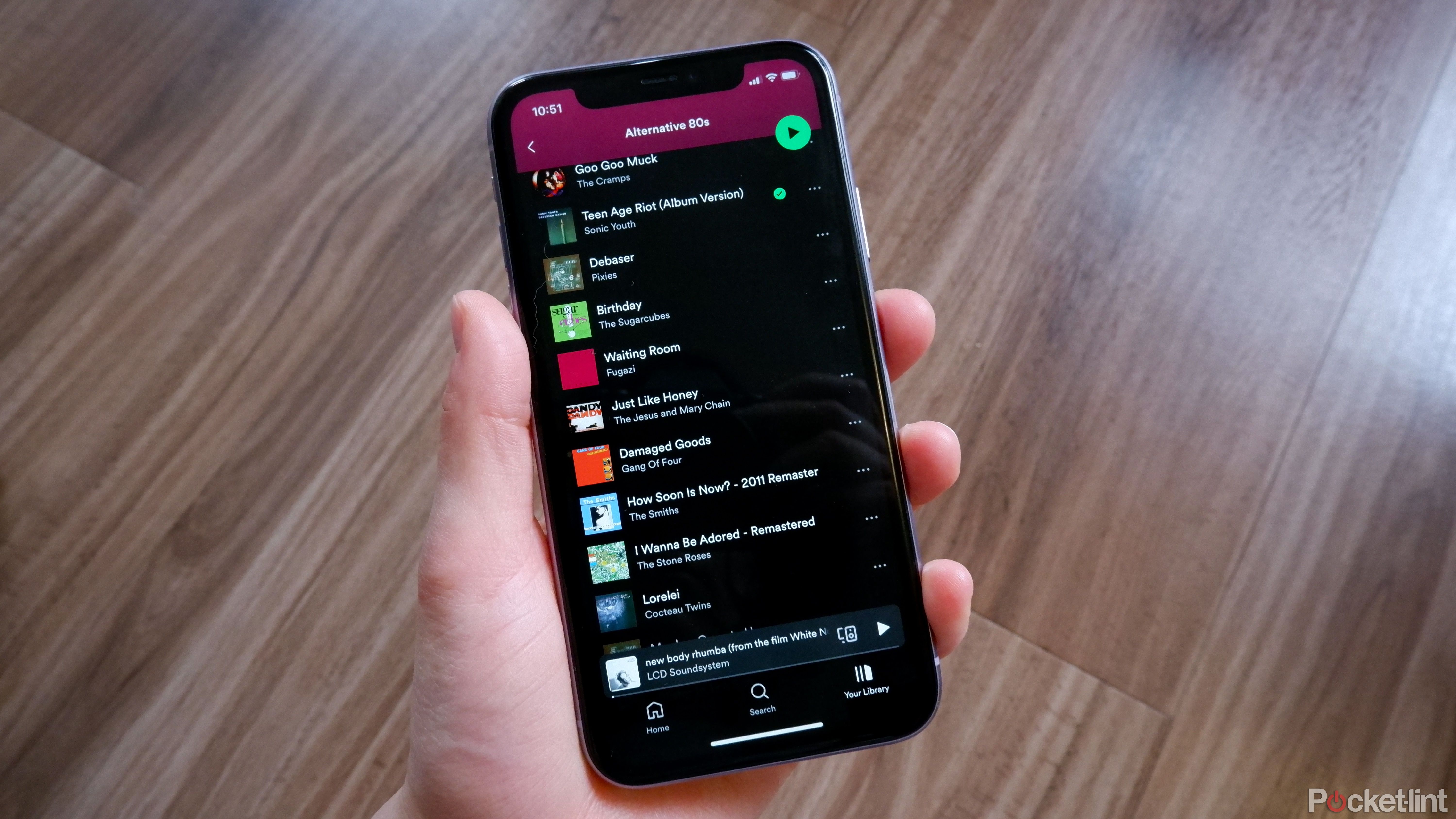Key Takeaways
- Disconnect from constant internet connection and listen to music offline on your portable devices.
- Portable audio devices prevent streaming services from collecting and selling your personal data.
- We manually select songs to curate music intentionally, supporting artists more directly without relying on algorithms.
Streaming is currently the most common way to listen to music, and while I understand all the reasons why — convenience, accessibility, universal adoption, standardization — I don’t think it’s the be-all and end-all of modern music listening.
If anything, I think the overwhelming prevalence of streaming is a sign that many of us need to tone it down a bit. I don’t want to be connected to the internet all the time. I don’t think that’s good for me or for society as a whole. So when it comes to music, I think more people should use MP3 players, CD players, or other portable audio devices. Even better, minimize your e-waste if that’s what you were using in the 2000s.
I can understand why this is not an appealing idea to many, as society seems to place a lot of value on convenience these days. You get access to millions of songs from a single application on your phone or computer. All things considered, the monthly fee is pretty low. However, I would argue against this need for convenience and argue that the freedom of being offline and being more mindful about listening to music is worth sacrificing a little convenience.
There’s a reason why retro technology is making a comeback: we want to be offline.
Many of us long for slower, calmer times.
For a while now, people have been talking on social media about beloved retro tech, a return to analog technology, and even low-tech digital gadgets. While some of this may simply be down to a yearning and nostalgia for the past, I think a lot of it has to do with the fact that we’re all tired of being online all the time.
The great thing about portable audio devices such as MP3 players and CD players is that No Internet connectionThe main function of earphones is to play music and have a few other features. But earphones are simple, and that’s their charm. They allow you to listen to music even when you leave your phone at home, and they’re free from notifications, buzzing, and the need to check your timeline or your friends’ Instagram stories.
Less data to collect and sell
Companies can’t profit from your information if it’s offline
Another benefit of using portable audio devices that aren’t connected to the internet is that they can’t collect your personal data the way streaming services can. It’s natural to be concerned about how these companies use your data, how they profit from it, and then sell products to you.
Companies frequently use customer data as a way to redesign user interfaces and other aspects of their software to figure out how to lock in customers and get them to spend more money.
When you use a streaming service, not only is your data sold to other companies for advertising purposes, but the companies often use customer data internally to redesign their user interfaces and other aspects of their software to come up with ways to lock you in and get you to spend more money. These include: Dark PatternsThey are used by almost every company to trick users into spending more money or becoming addicted to their products.
If you don’t want that to happen to your data, your best option is to not rely on these companies in the first place, and when it comes to media, that means relying on physical media and offline options rather than streaming services.
So by using a portable audio device, you can prevent your data from being intercepted and used in ways you don’t understand, and have peace of mind knowing that you’ve reduced that risk in at least one area of your life.
Personal audio devices make you more mindful of the music you listen to
Loading music manually requires some thought and no algorithmic input.
When you decide to use an MP3 player, you manually collect the music you want on the device. This may sound tedious for people who are used to streaming, but I think it’s really nice to be intentional about curating the music you put on your MP3 player. Of course, it’s objectively convenient and sometimes useful to have an algorithm tell you what music you like, but… It feels a bit unnatural An experience of listening to and discovering music.
No algorithm can replace the human mind, be it your own or the mind of a friend or associate: I know my preferences, and my friends know me better than a computer can, so they can determine what I should listen to and load it for themselves.
If you want to find new music without using the internet, ask your friends or record store associates. They might have some good information.
Additionally, I think it will reaffirm the importance of directly supporting artists. CD You can buy digital albums and songs directly from artists to listen to their music. This way, instead of paying a tiny cent per stream, you’re giving more of your money directly to the artists you’re enjoying. Streaming services are really stingy when it comes to paying artists. If you want your favorite artists to keep making music, buying their music instead of just streaming it is a great way to support them financially.




